Does Beet Juice Really Improve Performance?
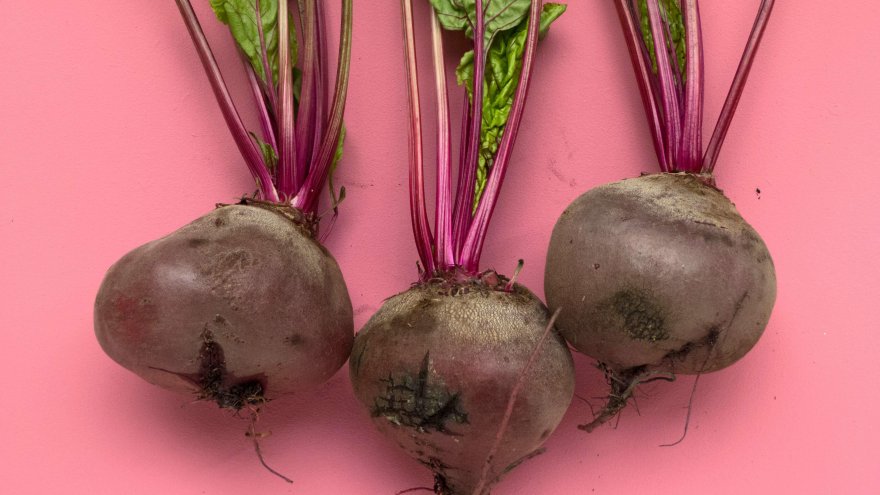
Most athletes are aware of the benefits of good nutrition for athletic performance. Studies have shown that consuming the right amount of nutrients in a daily diet helps improve endurance and strength over time. It seems every year or so a new trend is rising in nutrition that may impact our health. From protein powders and vitamins, to caffeine and vegan diets—something new to add to our diets in hopes of improving our performance simply by adjusting what we eat or drink.
The Good and Bad of Nitrates
In the past few years, the impact of nitrates has been studied to determine its effects on athletic ability. Nitrate is found in beetroot, green leafy vegetables, meat products as a preservative, and more recently in sports supplements. The function of nitrate in the body is to regulate blood flow, which has been shown to lower blood pressure in hypertensive individuals. As far as in an exercising individual, it aids in reducing the cost of oxygen, meaning lowering the rate of fatigue, prolonging the time to exhaustion.
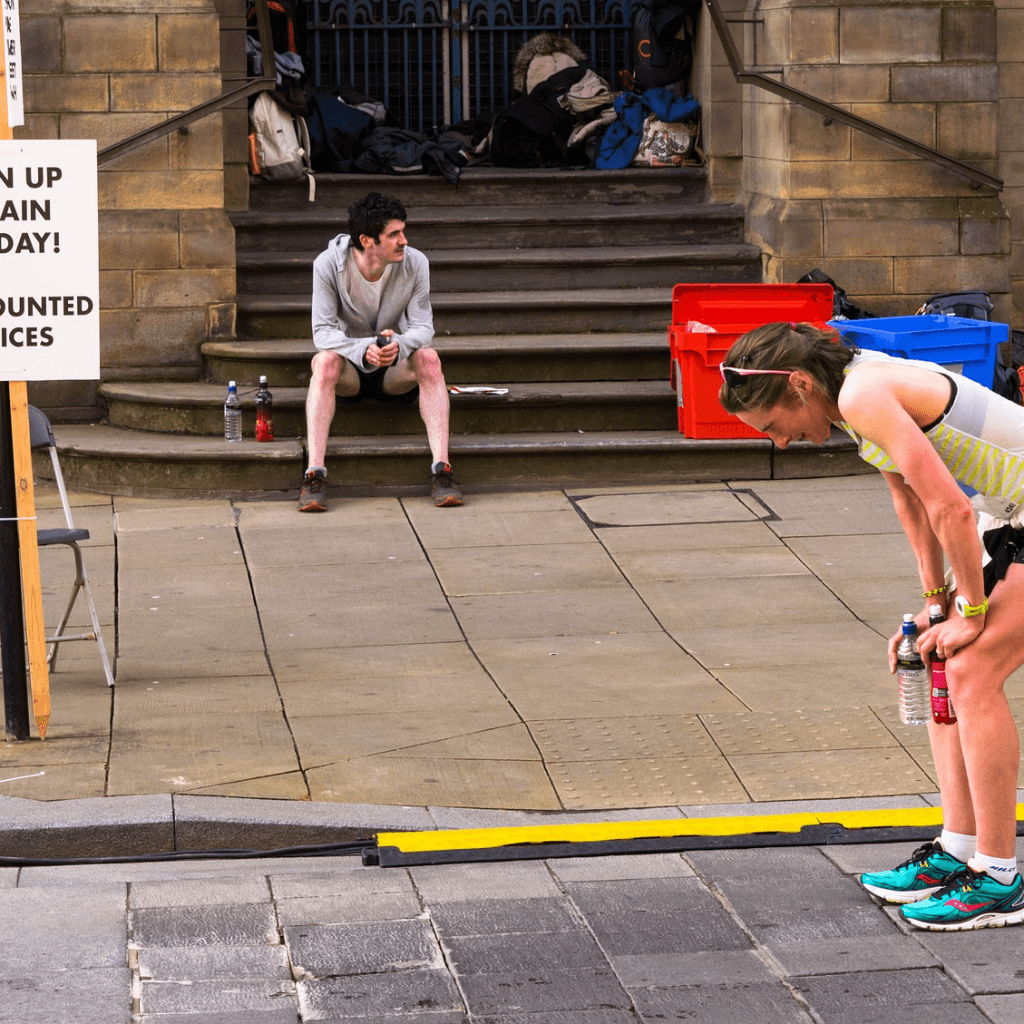
Nitrates have been shown to have a harmful side as well. When nitrates are ingested, they are converted into nitrites in the blood. If large doses of nitrates are taken, a condition called methemoglobinemia may develop, where the nitrite deactivates hemoglobin in the blood, which limits the red blood cells’ ability to carry oxygen through the bloodstream. It is most common in infants, and is most likely related to the ingestion of contaminated water from formula feeding. Another concern is the relationship between nitrates and cancer. Once the nitrates are converted to nitrites in the body, they may react with substances that are carcinogenic in humans. This is also a case for more massive doses of nitrate.
Performance Enhancement
As mentioned above, when inorganic nitrates are consumed, such as beetroot, they are absorbed by the stomach and circulated in the salivary glands. Once secreted into the saliva, bacteria then convert the nitrate into nitrite. Nitrite is then converted into nitric oxide (NO) once it is swallowed and passed through the rest of the body. It is nitric oxide that is responsible for performance enhancement. NO in the body acts as a vasodilator, which is what contributes to the lowering of blood pressure. The resultant vasodilation and increased blood supply to muscles by NO is what enhances exercise performance. These physiological mechanisms help athletes last longer performing at a higher intensity, limiting the rate of fatigue.
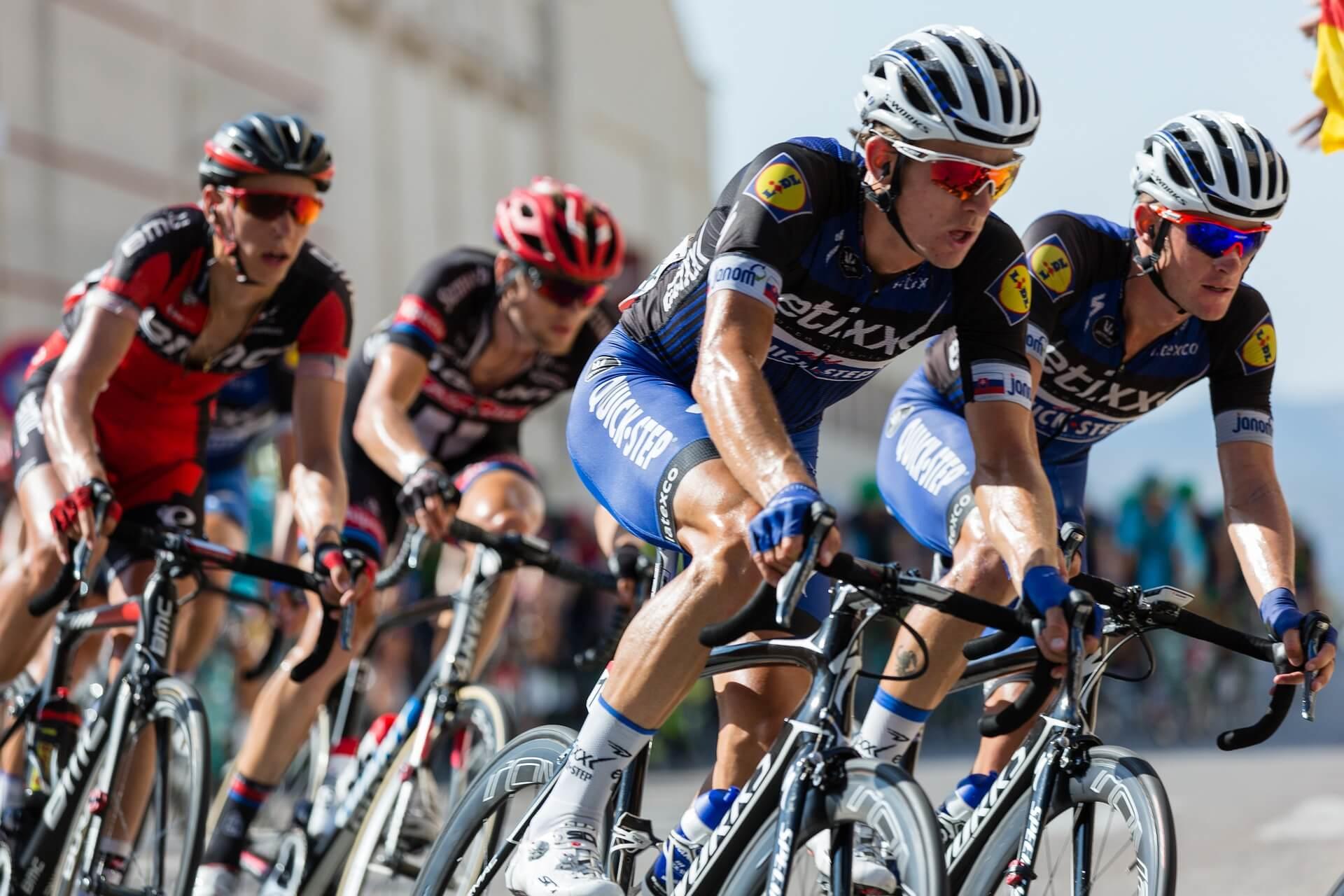
Performance Outcomes
Many trials evaluating the effect of nitrate consumption on exercise have been conducted showing positive outcomes. One study tested the exercise parameters of VO2 max, power output, performance outcome of competitive cyclists in a 4km and 16.1km time trial. The study concluded that after ingesting 500mL of beetroot juice two and a half hours before the completion of the trial, there was a significant improvement in power output and performance times by 2.7-2.8%, although there was no difference in the VO2 max of the individuals. This study indicates that the nitrates ingested by way of beetroot juice may improve certain exercise parameters during competition. A similar study examining the consumption of beetroot juice for six consecutive days before a 60-minute and 10km trial by trained cyclists concluded the same results—increased power output and improved finish times.
How Much and When?
Studies have shown that anywhere between 300mL and 600mL will make an impact on the performance parameters mentioned. Basically, the smart way to decide how much is to start with the lowest dosage, especially because beetroot juice may have some side effects such as red-stained urine and stools. Although the studies have indicated that the higher end of this range, closer to 600mL reaped the largest exercise benefits, that dose may not work for everybody. More than 600mL did not make a big difference in performance enhancement according to the research. It is important to note that the time to ingest nitrate makes a difference on the outcomes. Research has indicated, the biggest benefit is shown between 2.5 to 3 hours after consumption.
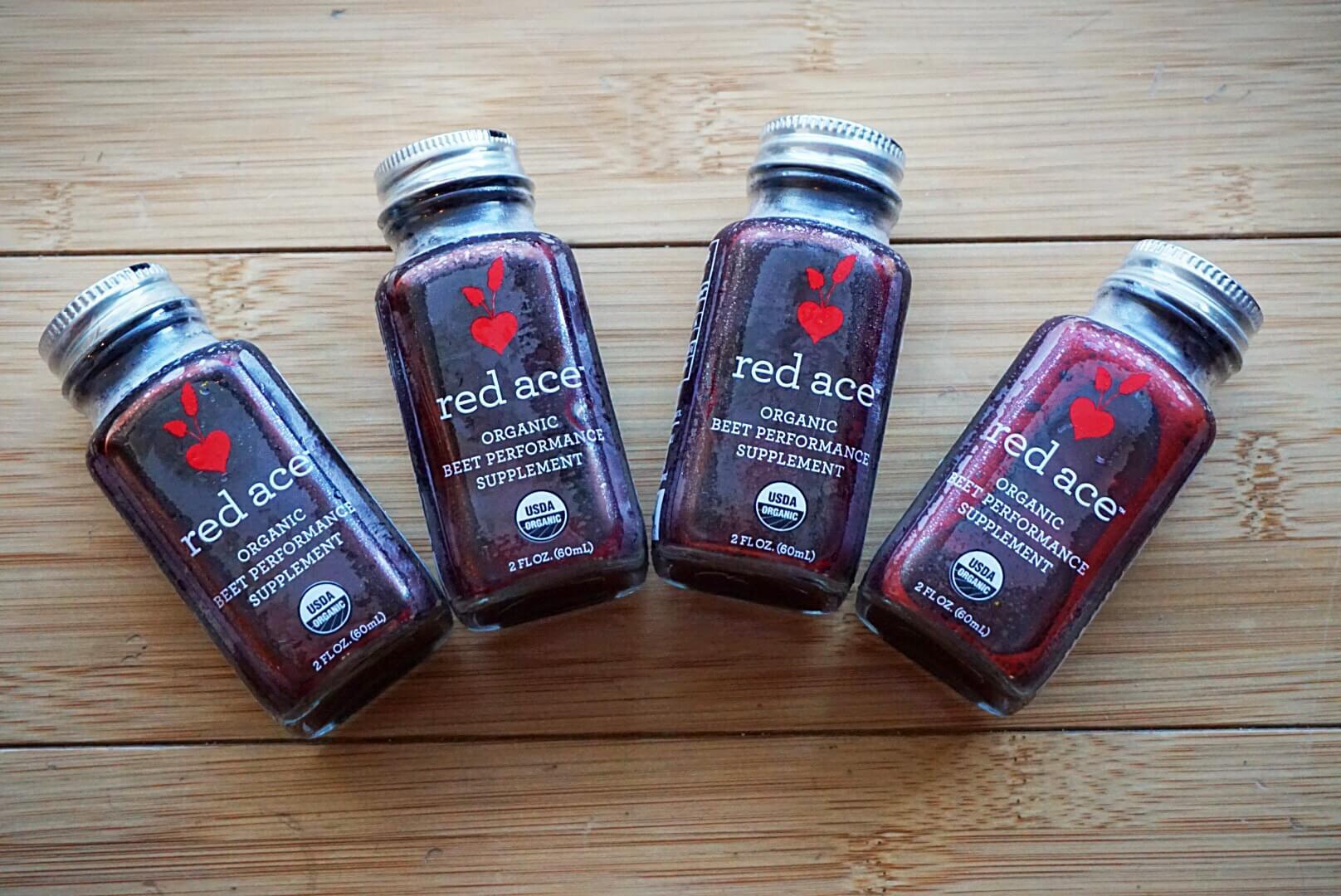
There are many products out on the market that have been created to make beetroot easier to drink. Juicing beets every day can get messy and is time-consuming. There are concentrated shots of beet juice as well as powders to mix with other juices or water, although the powder has not been studied conclusively. There are many other sources of nitrate in whole foods, so it is not hard to include in your daily diet. Beets have been the vegetable of choice for most of the studies, so this may be the first choice. The foods with the highest concentration of nitrate besides beetroot, are celery, lettuce, spinach, and arugula. Lower concentrates of nitrate are found in turnips, fennel, parsley, leeks, and cabbage to name a few.
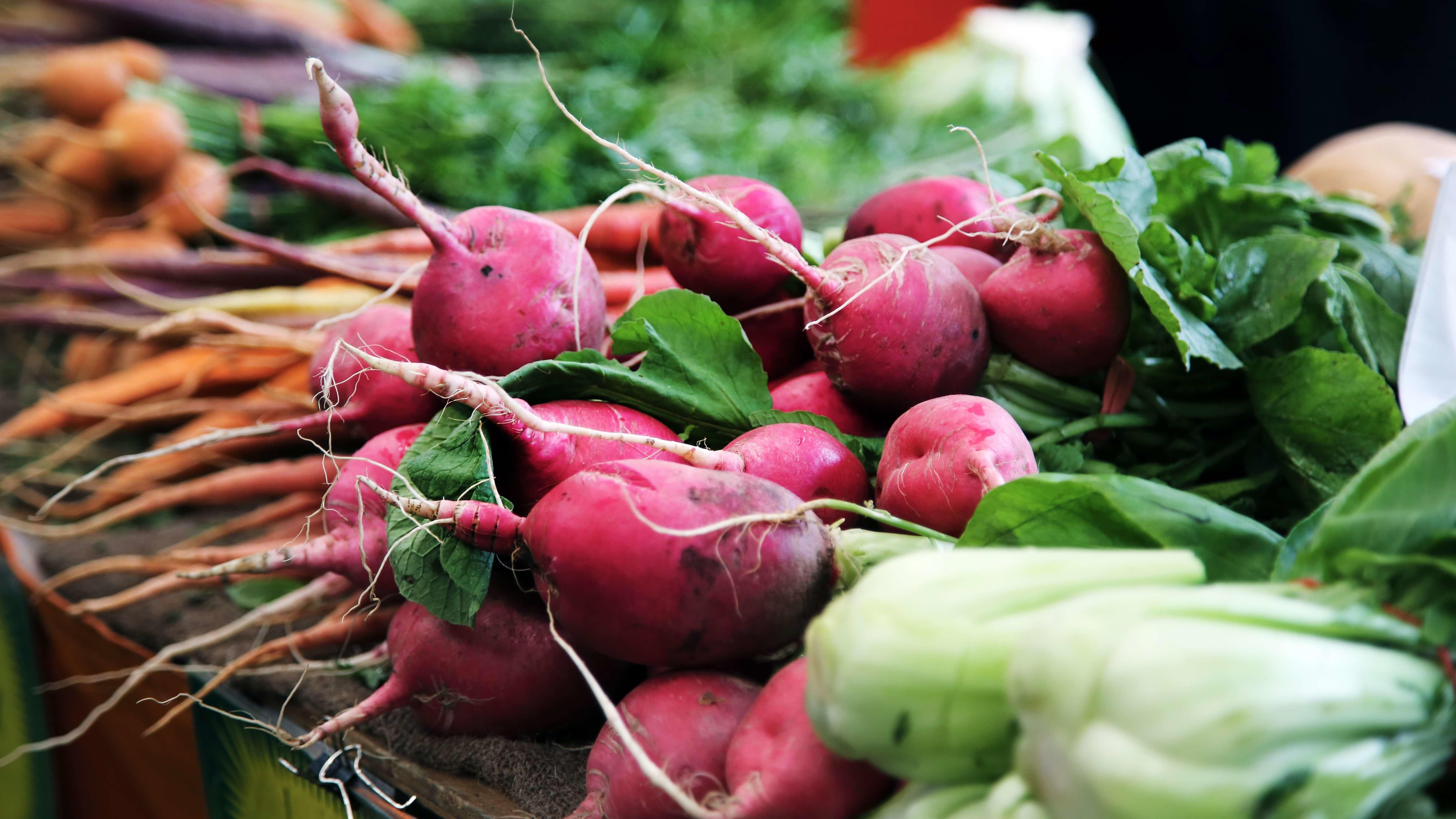
Of course, lasting energy and faster finish times are the main goals for runners and cyclists alike, so any safe supplement or dietary change that is shown to be effective is very tempting. In general, we already know that diet is an important component to a training cycle. Making sure to be consuming enough of the right kinds of foods, fluids, vitamins, and other supplements can be difficult when living a busy life with work, family, and training. There is no specific diet that works for every single person—our bodies all function differently and tolerance to certain foods and supplements can vary. So far, the research has shown positive outcomes for the consumption of beetroot juice before exercise, so it may be worth a try. Beets have other great benefits, as well, such as improving kidney and liver function and boosting immunity. Make sure to test out the beet juice several runs before a race, though. You would not want to try out something in hopes of better outcomes, and then end up with uncomfortable side effects that derail you from reaching your goals.
Sources
- , Dietary Nitrate Supplementation and Exercise Performance, Online Publication
- , Acute dietary nitrate supplementation improves cycling time trial performance, Online Publication
- , Nitrate Supplementation's Improvement of 10-km Time- Trial Performance in Trained Cyclist, Online Publication
Latest Articles
 Is Running on a Treadmill Easier Than Running Outside?Runners have their own preferences, whether it is treadmill running, running outside on the road, or exploring trails. So...
Is Running on a Treadmill Easier Than Running Outside?Runners have their own preferences, whether it is treadmill running, running outside on the road, or exploring trails. So... Is It OK to Use Trail Running Shoes on the Road?While trail running shoes can be used on roads, especially in situations where a runner encounters mixed terrains or pref...
Is It OK to Use Trail Running Shoes on the Road?While trail running shoes can be used on roads, especially in situations where a runner encounters mixed terrains or pref... How to Fix Sore Quads After Running?Rest, ice, gentle stretching, and over-the-counter pain relievers can help soothe sore quads after running. Also, ensure ...
How to Fix Sore Quads After Running?Rest, ice, gentle stretching, and over-the-counter pain relievers can help soothe sore quads after running. Also, ensure ... 10 Fruits With The Most Electrolytes to Replace Sports DrinksThese fruits are high in electrolytes such as potassium, magnesium, and calcium, essential for hydration, muscle function...
10 Fruits With The Most Electrolytes to Replace Sports DrinksThese fruits are high in electrolytes such as potassium, magnesium, and calcium, essential for hydration, muscle function...

